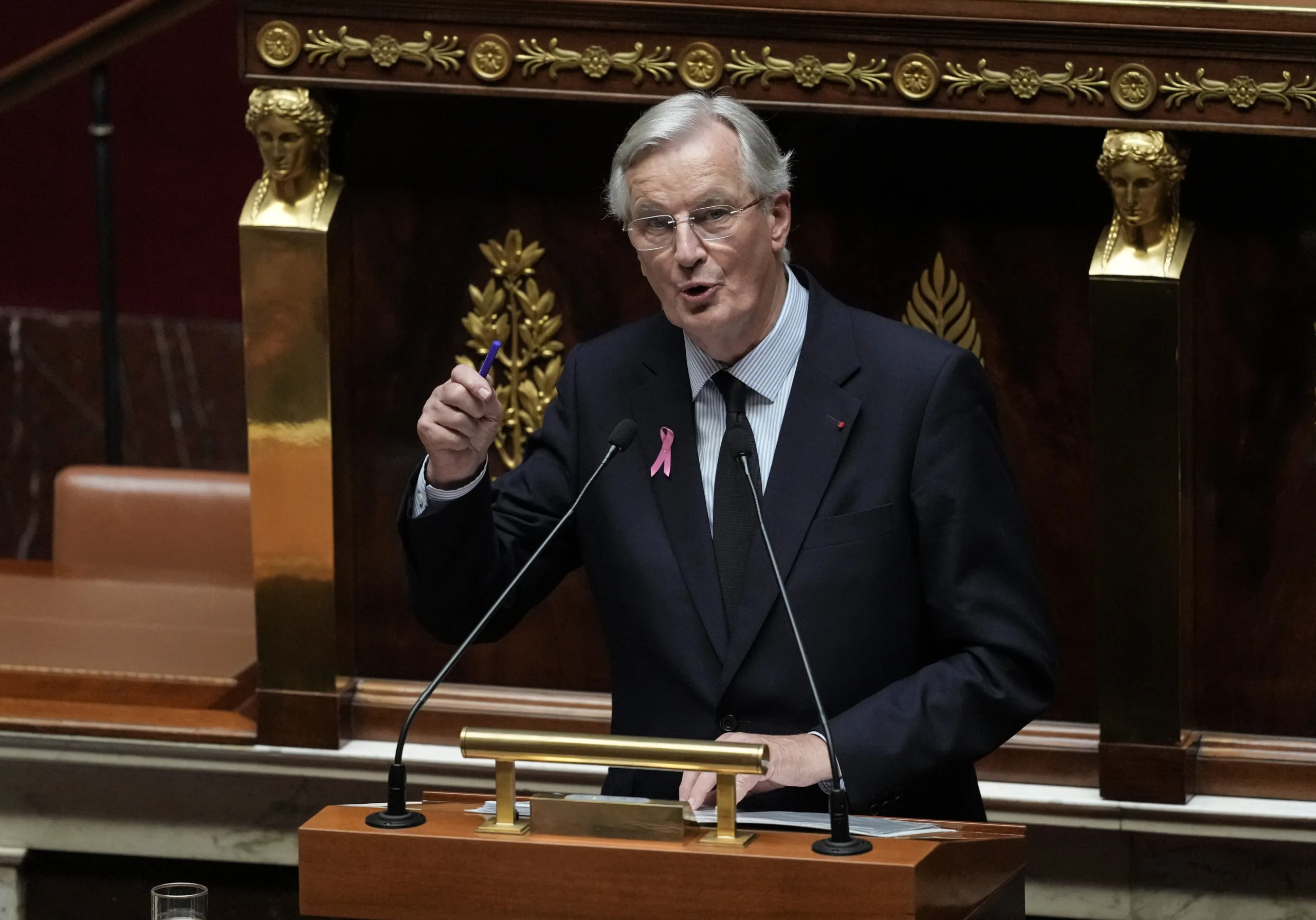In a significant political upheaval, the French government led by Prime Minister Michel Barnier has collapsed after a no-confidence vote passed with a majority in the National Assembly. Despite Barnier’s efforts to rally support, he faced mounting criticism over his administration’s handling of various issues, culminating in a decisive vote that saw 289 lawmakers supporting the motion, while only 246 voted against it. The political crisis deepens as Barnier, who has been in office for just under two years, expressed his disappointment in a statement, saying, “I respect the vote, but I am saddened by the decision which I believe is not in the best interest of France.” This development comes on the heels of increasing dissatisfaction among the public regarding economic policies and inner party disputes that had been silently simmering beneath the surface. Opposition leaders have hailed the vote as a necessary step towards accountability. However, the implications of this collapse could lead to further instability within the French government, which will now have to navigate the complexities of forming a new coalition or potentially face early elections. Amidst this turmoil, political analysts are closely monitoring the situation, suggesting that the future of governance in France hangs in the balance as new leaders vie for influence. The implications for France’s domestic and international policies could be far-reaching, as the nation grapples with pressing issues such as inflation, healthcare, and immigration. Barnier, previously the EU’s chief Brexit negotiator, is expected to address the nation in the coming days as he prepares for the next steps in this unprecedented political landscape.
French Government Collapses Following No-Confidence Vote Against Prime Minister Michel Barnier












